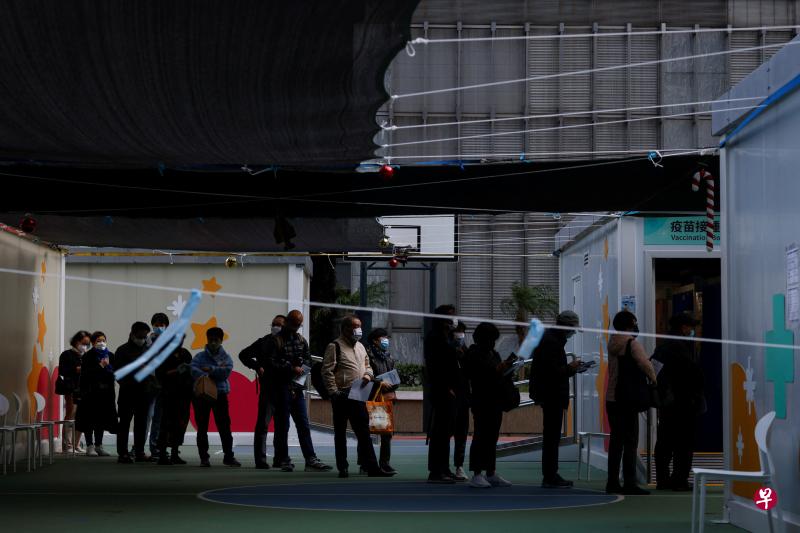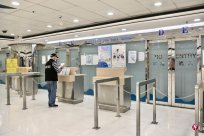
(Hong Kong Reuters) Mainland China is about to reopen the Land and Port Border. Many Hong Kong people are worried that the local epidemic is heating up and goes to the clinic to vaccine the coronary disease.
According to Reuters, in recent days, Hong Kong's community vaccination center provided by Hong Kong has full appointments, and some will not have time until February.This phenomenon was in stark contrast to the formation a few weeks ago. At that time, the people could directly go directly to the vaccine of the vaccination center without an appointment.
A 33 -year -old Hong Kong citizen vaccinated the fourth dose of crown disease this week. In the interview, he said: "After the border is open, I expect more infected people on the street. I want to reduce the risk of being infected."
According to the data of the Hong Kong Government, the official vaccination rate was very low after providing a coronary vaccine for the first time in 2021, especially in the elderly.The vaccination rate has risen in the past year, and more than 83 % of Hong Kong residents have vaccinated the Biontech vaccine or Kochi vaccine.The number of fourth doses of vaccine this week also increased by more than 100 % compared to a week ago.
The rise in vaccine vaccination rate reflects the concerns of Hong Kong people's rising infection rates after the border is reopened.Some people are also worried that after the border is open, mainland passengers will rush to vaccine the messenger nucleotic acid (MRNA) vaccine in Hong Kong, leading to a shortage of supply.Such vaccines generally provide better protection, but they have not been approved for large -scale vaccination in the mainland.
More and more mainlanders have also recently asked how to vaccine MRNA vaccines in Hong Kong in social media.The Hong Kong Government emphasized that non -Hong Kong citizens can only pay for vaccines at private clinics.
Lin Kaiwen (transliteration, 29 years old), who is waiting for the fourth dose of coronary vaccine in a clinic in the Cunfuchong District in Hong Kong, said: "I am worried that once the mainlanders enter the country, it may be more difficult to vaccine."



